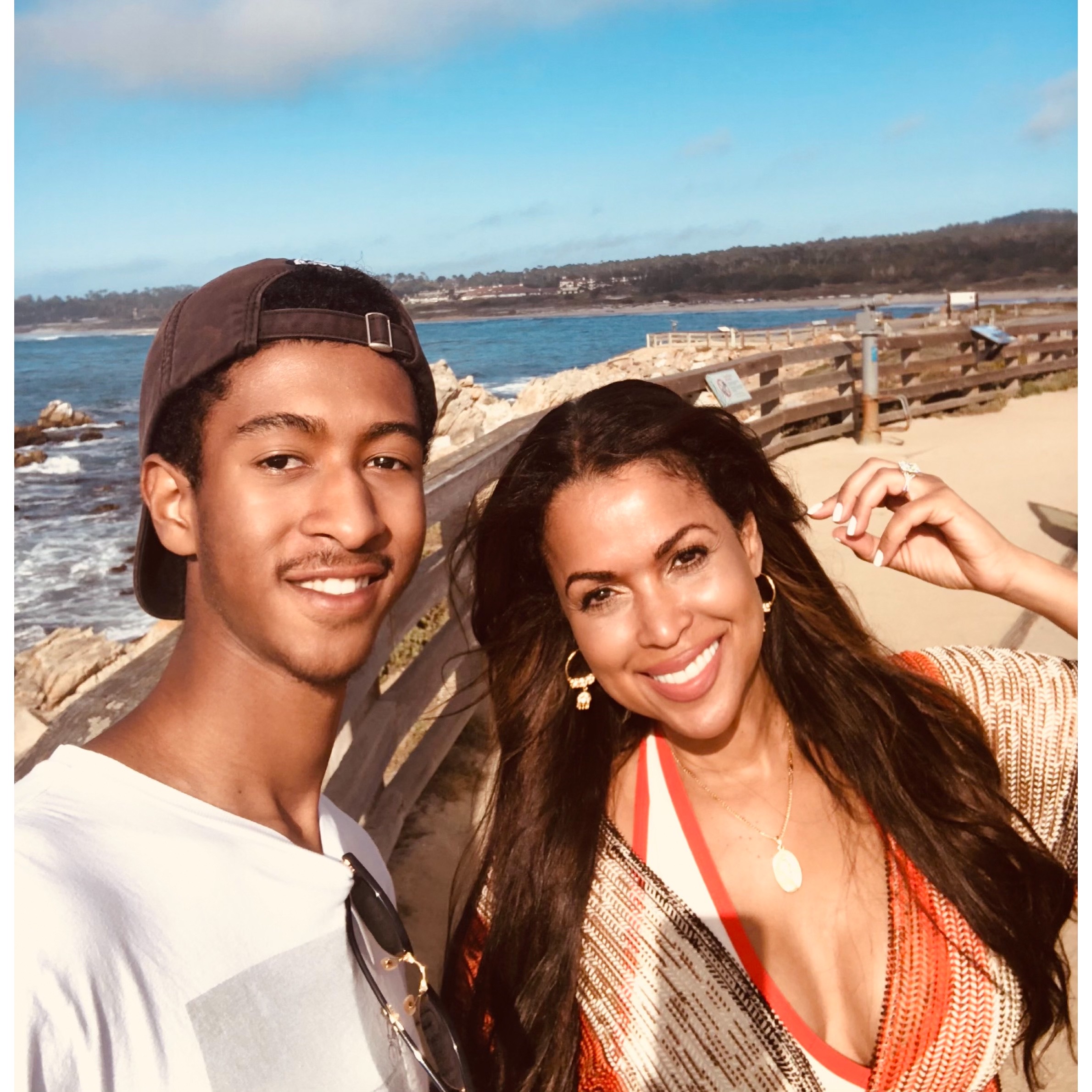Some conversations aren’t easy, and talking to kids about sex is one of them. Not only is the sex talk hard, what’s even harder is knowing how to start. This may be because you don’t have a model for how things should go or never got a sex talk from your parent. Well, while it is normal to feel awkward and nervous talking about sex to our kids, we must do it.
You are probably thinking, so when should I get started? How much should I tell my kids about sex? What’s too much for them to handle? You don’t have to worry, that’s why I’m here. In this blog post, I’ll share tips and strategies to help you learn how to talk to kids about sex.
Initiate the Talk Early and Often

As a parent or caregiver, you might wonder how old a child should be before you talk to them about sex. Well, the answer is sooner than you probably think. Here’s why. When you speak about sexual matters from when kids are young, you have the chance to ease into things and ensure your child is getting accurate information when they need it. This builds a foundation for open communication and makes you the person they come to whenever they need answers.
Use Real Names for Private Parts

Start by teaching your kids the correct names for genitals rather than using slang or nicknames. That means naming the genitals at an early stage in your child’s language development. Penis, scrotum, vulva, clitoris, and nipples are all terms they need to be familiar with. Using the appropriate language to talk about body parts reduces the awkwardness surrounding sex talk and lays the groundwork for a more comfortable conversation about sex later.
Look for Everyday Opportunities

Daily life provides tons of opportunities to start a conversation about sex. Ensure you take advantage of every teachable moment. Dive in and offer accurate information whenever your child says anything related to sex. Don’t wait for the point-blank question to be asked or until they’re teenagers. Try starting the discussions naturally using things that come up on TV (such as ads for condoms, menstrual pads, or birth control).
Answer Their Questions Honestly (But Don’t Overshare)

Kids are naturally curious. Therefore, you should be ready to answer questions. They may begin to ask questions like, “How are babies made?” While the amount of details you give to their answer depends on how much they can comprehend, it is important to answer frankly and truthfully. If you don’t answer their questions, they might begin to seek information elsewhere. However, if you become askable, you become the go-to person whenever there’s a question. Additionally, their questions give you an idea of what they already know and serve as an entry point for discussing sex.
Fill in The Gaps and Debunk Myths

When you are silent about sex, you leave a massive gap and kids begin to fill those gaps with the information they pick up from their peers or other sources. This information may not be accurate; therefore, ensure you educate your kids about sex to debunk myths and certain misconceptions. Also, do not make assumptions about what your kids know about sex. It is okay for your kid to feel a little awkward or embarrassed when you bring any of these topics up. Talk to them about your values and let them know they can always come to you to talk things through or find useful information.
Teach Them About Privacy and Boundaries

It is never too soon to teach kids about consents and boundaries. They need to understand that no one has the right to touch them without their permission; neither do they have the right to touch someone else. Establishing that kids have a say over their bodies helps with keeping them safe. Likewise, it would help if you gave your child the impression that you respect their boundaries, starting when he is very young.
In conclusion, you have to consistently educate your kids about sex as one talk is not enough. If you don’t educate them, someone who may not share your values will. This might misinform or mislead your kids, and I am sure you definitely don’t want that.





Leave A Comment